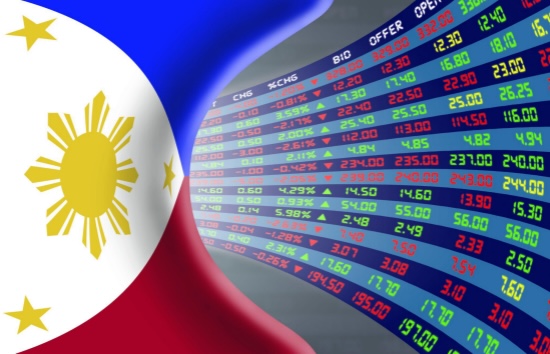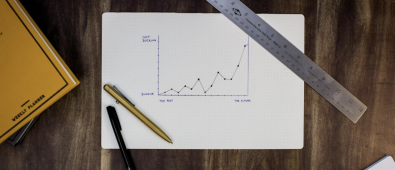When it comes to trading in the Philippines, there are a variety of assets to choose from, including stocks, forex, commodities, and more. Each asset class has unique characteristics and market conditions, making it important to carefully consider which is the best fit for your investment goals and risk tolerance. Factors to consider when choosing the best asset to trade in the Philippines include volatility, liquidity, and regulatory environment. It’s also important to conduct thorough research and analyze the asset and its market conditions before making a trade. Additionally, diversifying your portfolio by investing in multiple assets can help to reduce risk. This guide will provide an overview of some popular assets for trading in the Philippines and tips for selecting the best one for you.
Forex Market of Philippines
Forex trading Philippines is growing in popularity as more and more investors and traders look to take advantage of the market’s high liquidity and 24-hour trading capabilities.
The Bangko Sentral ng Pilipinas (BSP) is the central bank of the Philippines and is responsible for regulating the country’s forex market. The BSP has implemented several measures to ensure that the forex market operates fairly and transparently, including strict regulations on foreign exchange dealers and brokers.
The most common currency pairs traded in the Philippines are the US dollar (USD) and the Philippine peso (PHP), as well as other major currencies such as the Japanese yen (JPY), the euro (EUR), and the British pound (GBP).
Traders in the Philippines can access the forex market through a variety of means, including online forex brokers, banks, and other financial institutions. Choosing a reputable and regulated forex trading platform Philippines is important to ensure a safe and secure trading experience.
Stocks
Stocks, also known as equities, represent ownership in a publicly traded company. When you purchase a stock, you are buying a small piece of the company and have the potential to benefit from the company’s growth and profitability. In the Philippines, the main stock exchange is the Philippine Stock Exchange (PSE) which is based in Manila and lists a variety of companies across different sectors.
The PSE index, also known as the PSEi, is the main index of the Philippine Stock Exchange and comprises the 30 largest and most actively traded companies listed on the exchange. The PSEi is often used as a benchmark for the overall performance of the Philippine stock market.
Investors can buy and sell stocks through a stockbroker, either online or in person. It’s important to conduct thorough research and analysis on a company before buying its stock, as well as to diversify your portfolio to spread risk.
Commodities
Commodities are natural resources that are traded in financial markets, such as precious metals (gold and silver), agricultural products (coffee, wheat, corn), and energy products (crude oil and natural gas).
In the Philippines, the trading of commodities is not as developed as other markets, such as stock and forex, but some investors prefer to trade in commodities as they offer diversification and can act as a hedge against inflation.
Gold is one of the most popular commodities traded in the Philippines, as it has a long history as a store of value and a safe-haven asset. Investors can buy and sell gold through various forms, like gold bullion, gold coins, and ETFs that track gold prices by choosing the right market.
Bonds
A bond is a debt security issued by a government or a corporation and used to raise capital. When you buy a bond, you are essentially lending money to the issuer in exchange for a promise to repay the bond’s principal amount, plus interest, at a later date.
In the Philippines, bonds are issued by the government, government-owned and controlled corporations, and corporations. These bonds can be traded in the secondary market, and the prices of these bonds fluctuate based on the changes in interest rates and credit quality of the issuer.
Conclusion
In conclusion, when choosing the best asset to trade in the Philippines, it’s important to consider factors such as market volatility, liquidity, and regulatory environment. Some popular assets for trading in the Philippines include stocks, forex, commodities, and bonds.
Forex trading is popular in the Philippines and offers high liquidity and 24-hour trading capabilities. However, it’s important to know the risks involved and choose a reputable and best-regulated forex brokers from the market
Ultimately, the best asset to trade will depend on your individual investment goals, risk tolerance, and research and analysis. Diversifying your portfolio by investing in multiple assets to reduce risk is important. Additionally, it’s essential to be aware of the regulations and laws of the country and make sure you are trading legally and within compliance.



